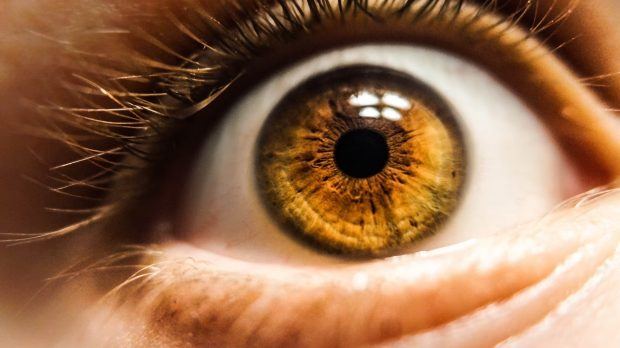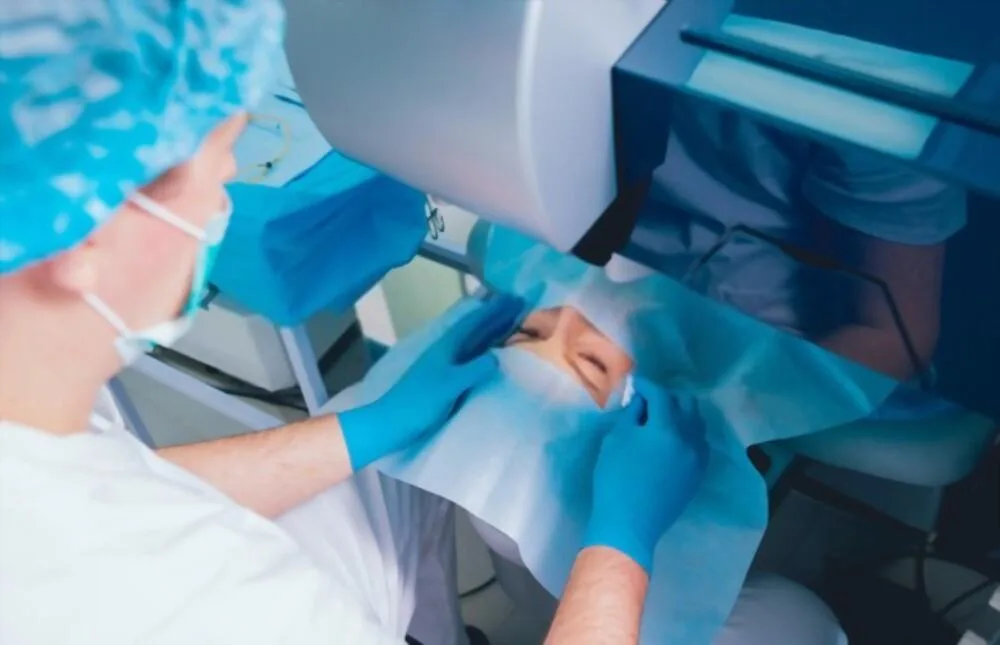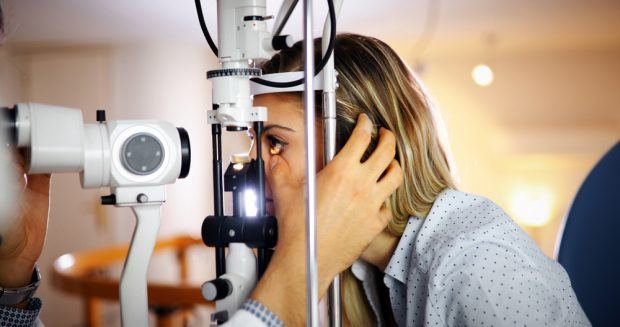Do you have eye problems that are affecting your work output and daily life? It would be best to go for laser eye surgery. Eye surgery is a better way of dealing with eye problems before they develop into corneal ulcers or abrasion of the cornea’s surface. The most common ones are laser-assisted in situ keratomileusis (LASIK) and Photorefractive keratectomy(PRK). These techniques differ, despite the use of lasers in both techniques. Read this article to better understand laser eye surgery and to get the facts straight. Longevity Live Paid Content Partnership.
Facts about LASIK
It would be best to get your facts right for medical procedures such as laser vision correction. In doing so, you will dispel the myths and clear any fear of going for such a procedure. For a start, it would be best to understand how it works. This visual correction procedure reshapes the transparent front part of your eyes and cornea so that light that travels through these tissues focuses on the retina.
 The procedure isn’t painful, since the ophthalmologist applies numbing drops to your eyes. The drops take a few seconds before the effects kick in and last around 15 minutes. LASIK takes place within that period. You won’t need stitches or bandages after this procedure. It will also be helpful to know that LASIK has an over 95% approval rate, with most patients attesting to tremendous vision improvement.
The procedure isn’t painful, since the ophthalmologist applies numbing drops to your eyes. The drops take a few seconds before the effects kick in and last around 15 minutes. LASIK takes place within that period. You won’t need stitches or bandages after this procedure. It will also be helpful to know that LASIK has an over 95% approval rate, with most patients attesting to tremendous vision improvement.
Cost
Universal health care costs have been on the rise in the recent past. So much so that it’s essential to have details like the cost of LASIK eye surgery before going for it. LASIK costs around $2,000 to $3,000 for each eye. Insurance doesn’t cover the cost of LASIK since it falls under elective or cosmetic procedures. However, you can use a Flexible Spending Account(FSA) or Health Savings Account (HAS). Still, you will have to fund the account first before the procedure.
The difference between PRK and LASIK Eye Surgery
Defects of the cornea can be corrected with contact lenses, eyeglasses, or procedures like PRK and LASIK. Although these procedures use laser technology, they differ slightly, and LASIK reshapes the cornea by creating a thin flap. In contrast, PRK removes the cornea’s outer layer, which eventually grows back with time.
In LASIK, the surgeon puts a suction ring on your eye to prevent blinking. You will experience pressure followed by brief darkness. After that, the ophthalmologist uses a particular laser machine to cut the cornea. The surgeon will make the necessary corrections and fold the flap back, which seals shortly after healing.
PRK, on the other hand, entails removing the corneas’ top layer using a laser, brush, blade, or alcohol-based liquid. As mentioned earlier, the surgeon will use the numbing liquid for the procedure. After this procedure, you will feel scratchy or sore in your eyes, and however, the feeling lasts for a short time. Before laser eye surgery, it would be best to understand each procedure better. It would help to go through comparisons like PRK vs LASIK to know which one outweighs the other.
Frequently Asked Questions About Laser Eye Surgery
The eyes are essential, and you take great care of them, and when there is a problem, you need a safe solution. When going for solutions such as LASIK, you may have some questions, and here are the answers to frequently asked ones to guide you.
What qualifies you to be a suitable eye surgery candidate?
Medical procedures such as laser vision correction need proper consultation before passing the operation. You will need to visit an eye surgeon who specializes in the procedure for a free screening. While at it, it would be best to go with your prescription and glasses to help the specialist determine which procedure is suitable for you.
 Can you drive after the procedure?
Can you drive after the procedure?
Legally, you aren’t allowed to drive after LASIK surgery. The ophthalmic surgeon will give you a follow-up appointment to check how you are fairing. It would be best to take a taxi or use public transport if a friend can’t drop you off. You can only drive after clearance from the surgeon.
How can you get cheaper laser eye surgery?
In most cases, expenses like the cost of LASIK eye surgery are too high, which can discourage you from seeking the services. And since it isn’t covered by insurance, you might suffer for long with poor eyesight. However, that shouldn’t be the case. You can get cheaper deals through Groupon or local deals from clinics running promotions to get more customers. This calls for greater caution and research before buying the Groupon deal.
How long does it take before you need eye surgery again?
Surgeries are used as permanent solutions to health problems. And the ones such as astigmatism solutions aren’t different. Operations like LASIK offer a lifelong solution to these conditions, unless you get another eye condition like cataracts that come with age.
Eye problems can immensely affect your life. But with advanced technology and medical care, you can take care of it. Procedures like LASIK help you carry on with your daily activities without struggle. However, since there are different procedures, it would be best to compare PRL vs LASIK to know the best procedure to solve your eye problem.
Who is the author?
 David Waleed owns a gardening shop in Texas. He is an avid gardener and loves sharing his love of plants and flowers. In his spare time, he is a freelance writer on health and wellness.
David Waleed owns a gardening shop in Texas. He is an avid gardener and loves sharing his love of plants and flowers. In his spare time, he is a freelance writer on health and wellness.



 Can you drive after the procedure?
Can you drive after the procedure?![women [longevity live]](https://longevitylive.com/wp-content/uploads/2020/01/photo-of-women-walking-down-the-street-1116984-100x100.jpg)










